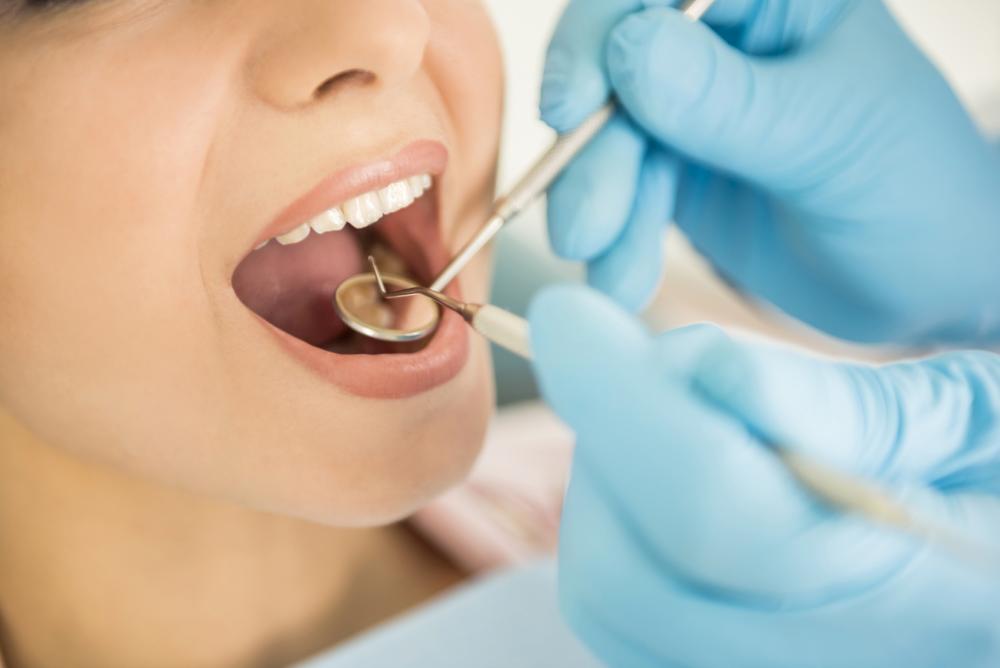The Benefits of Regular Appointments to a Dentist Eugene Oregon
Learn More About Regular Dental Issues Your Dental Expert Can Deal With
Comprehending regular oral issues is critical for maintaining optimal oral health and wellness. Concerns such as tooth cavities, gum disease, tooth level of sensitivity, foul-smelling breath, and dental caries are typical yet usually neglected till they end up being extreme. Dental professionals have the knowledge to detect and deal with these conditions, therefore preventing more complications. Normal dental sees and customized treatment plans can resolve these issues successfully, ensuring a healthier and brighter smile. What particular therapies do dental professionals employ to battle these problems, and just how can early treatment make a distinction? The answers to these concerns use useful insights into safeguarding your dental health and wellness.
Dental Caries
Tooth cavities, additionally referred to as cavities, are a prevalent dental health issue triggered by the demineralization of tooth enamel as a result of acid production from bacterial plaque. This process begins when bacteria in the mouth metabolize sugars and starches from food, creating acids that erode the enamel. If not resolved without delay, this disintegration can pass through much deeper into the tooth, influencing the dentin and ultimately the pulp, potentially resulting in extreme discomfort and infection.
The onset of tooth cavity formation commonly existing as white places on the tooth surface area, showing first demineralization. As the process progresses, these spots can become brown or black lesions, signifying more comprehensive degeneration. Normal oral check-ups are critical for very early detection, as cavities in their inceptive phases can be treated with remineralization methods, such as fluoride treatments.
Dental professionals generally remove the corroded part of the tooth and fill up the tooth cavity with materials such as composite resin, amalgam, or ceramic. Precautionary procedures, including great oral hygiene methods and nutritional modifications, play an essential role in mitigating the danger of cavities.
Gum Tissue Disease
While dental caries stand for a considerable problem for dental health and wellness, another important problem that requires attention is gum tissue condition. Recognized as gum disease, periodontal illness is an inflammatory problem impacting the tissues bordering and sustaining the teeth. It is primarily created by the accumulation of plaque-- a sticky movie of germs that bases on teeth.
Periodontal condition progresses via phases, starting with gingivitis, defined by redness, swelling, and bleeding periodontals (dentist eugene oregon). If left neglected, gingivitis can intensify to periodontitis, where the inner layer of the gum tissue and bone retreat from the teeth, developing pockets that come to be infected. Gradually, the contaminants created by the microorganisms break down the bone and connective tissue that hold teeth in area, potentially causing tooth loss
Very early discovery and treatment are essential. Specialist oral cleanings and enhanced oral health techniques, such as brushing twice everyday and flossing, can take care of gingivitis. For more advanced phases, therapies might include scaling and root planing, anti-biotics, or even medical treatments.
Regular oral exams play a pivotal duty in managing and stopping periodontal condition. Dentists can identify early indications and suggest ideal treatments, ensuring the upkeep of healthy gums and general oral wellness.
Tooth Level Of Sensitivity
Tooth sensitivity influences numerous people worldwide, presenting a common yet often stressful oral issue. This problem arises when the enamel, the outermost safety layer of the teeth, is endangered, revealing the underlying dentin. The dentin includes tiny tubules that lead straight to like it the dental pulp, where nerves stay. When subjected to stimulations such as warm, cold, sweet, or acidic materials, these nerves are activated, triggering sharp pain or pain.
A number of variables contribute to enamel erosion and subsequent tooth sensitivity, consisting of hostile brushing, acidic foods and beverages, gum tissue economic crisis, and bruxism (teeth grinding) In addition, dental procedures such as teeth bleaching can briefly increase sensitivity.
Foul Breath
One more prevalent dental issue that affects people' day-to-day lives misbehaves breath, medically described bad breath. This problem can be specifically upsetting, impacting individual interactions and self-confidence. Halitosis commonly stems from bad oral hygiene, which permits food bits to continue to be in the mouth, cultivating microbial development. These germs generate sulfur substances, bring about unpleasant smells.

Dental professionals play an essential role in dealing with and diagnosing halitosis. They can identify the source through an extensive examination and supply tailored recommendations and therapy strategies. Suggestions might include enhancing oral health techniques, such as normal brushing and flossing, utilizing antibacterial mouth washes, remaining hydrated, and addressing any oral concerns. In many cases, a reference to a professional might be needed to tackle underlying health issue adding to foul-smelling breath. Effective monitoring of bad breath not just improves dental health yet likewise dramatically improves lifestyle.
Tooth Decay

Protecting against dental caries includes a mix of excellent oral health techniques and normal oral examinations. Brushing teeth at least twice daily with fluoride tooth paste, flossing to remove plaque in between teeth, and limiting the intake of sugary foods and beverages are essential precautionary steps. Fluoride treatments, dental sealers, and professional cleanings provided by a dental professional can also play a considerable duty in strengthening enamel and stopping decay.
Dental experts can remove corroded tissue and recover the tooth with dental fillings made from materials such as composite resin, amalgam, or porcelain. By attending to important site tooth degeneration promptly, dental practitioners aid maintain dental structure and function, making sure long-lasting dental health.
Verdict
Addressing typical dental issues such as cavities, periodontal illness, tooth sensitivity, foul-smelling breath, and dental cavity is essential for keeping optimal oral health and total well-being. Dental professionals have the expertise to diagnose and deal with these concerns properly, making certain tailored take care of each individual. Normal preventative measures and oral exams are vital in determining and taking care of these problems early, advertising a much healthier and more positive smile over a life time.

Tooth decay, likewise recognized as dental caries, happens when the enamel, the outer layer of the tooth, is eroded by acids produced by bacteria in the mouth. Brushing teeth at least two times daily with fluoride tooth paste, flossing to get rid of plaque between teeth, and limiting the consumption of sweet foods and beverages are vital preventive steps.Attending to typical dental issues such as cavities, gum illness, tooth sensitivity, bad breath, and tooth degeneration is vital for maintaining optimum dental health and wellness and total wellness.